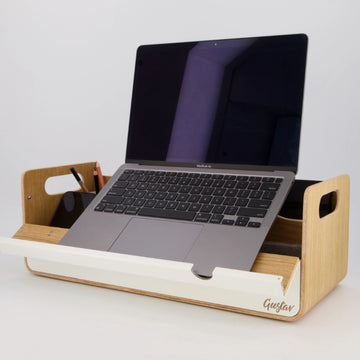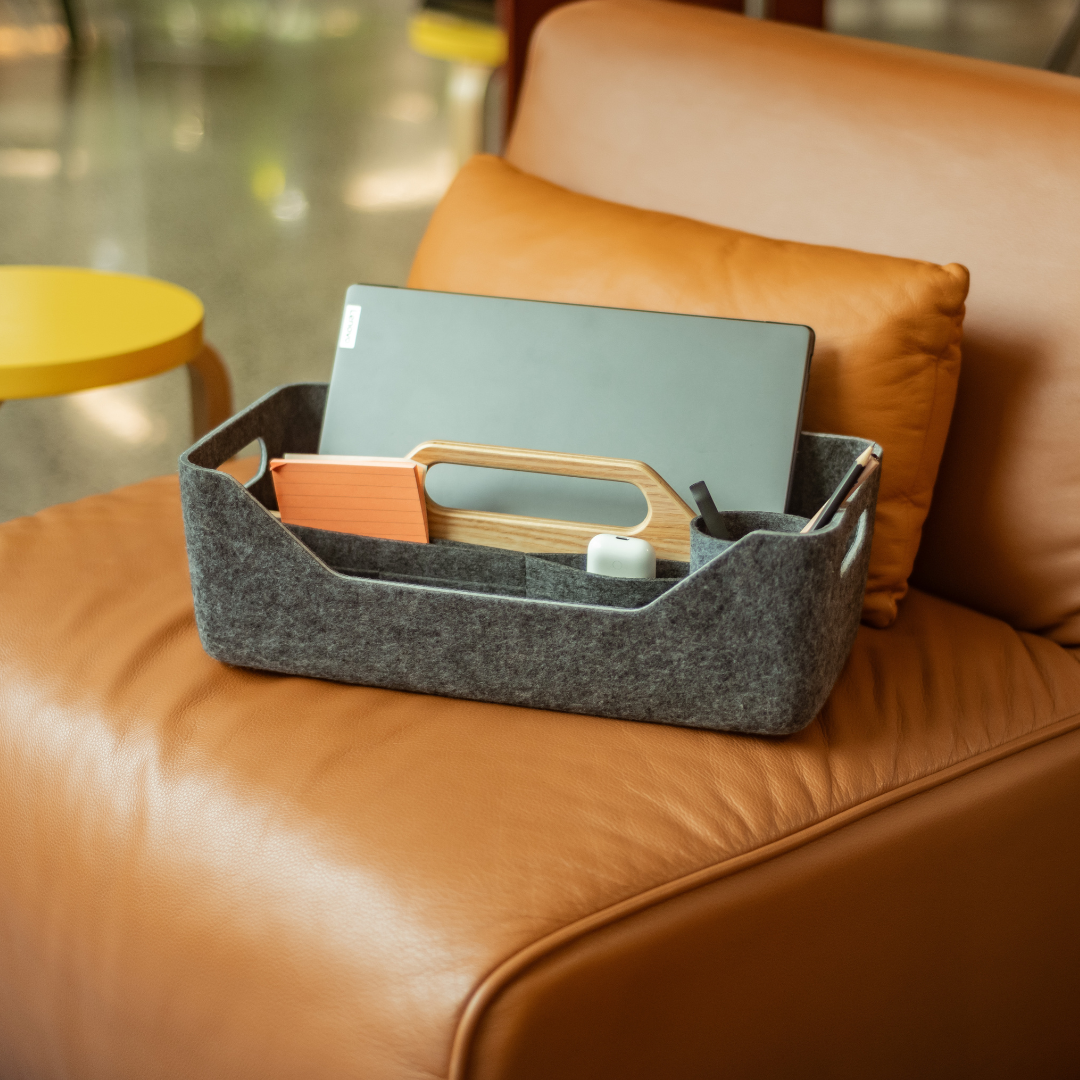Le dividende du bonheur : pourquoi la satisfaction des employés est la pierre angulaire de la productivité à l'ère du partage de bureau

Dans le paysage changeant du monde du travail actuel, avec ses aménagements en open space et ses stratégies de hot desking, un fil conducteur reste tissé dans la trame de la productivité : le bonheur des employés. Cette révélation ne vient pas d'un séminaire sur le bien-être mais des couloirs sacrés de la recherche basée sur les données. Une étude de l'Oxford-Saïd Business School et de BT a mis des chiffres sur une vérité depuis longtemps perçue mais rarement quantifiée : le bonheur est plus qu'un état d'esprit ; c'est un catalyseur de réussite.
Le levier ultime : la satisfaction des travailleurs
L’étude en question en dit long : une forte hausse de 13 % des performances a été constatée parmi les travailleurs soutenus par la satisfaction dans leur rôle. Ce n’est pas un gain marginal ; c'est un appel clair pour que les entreprises recalibrent leurs priorités, en plaçant la satisfaction des employés non pas à la périphérie mais au cœur de la stratégie organisationnelle. La corrélation est claire : lorsque les travailleurs sont satisfaits, non seulement leur production augmente, mais elle dépasse souvent les attentes.
L’équation du partage de bureau : bonheur + productivité
Alors que le monde de l’entreprise adopte de plus en plus le partage de bureau, le défi consiste à maintenir, voire à améliorer la satisfaction des employés au sein de ce modèle transformateur. Le partage de bureau peut être une arme à double tranchant ; il doit être utilisé avec précision pour cultiver une culture qui responsabilise et respecte l'individu tout en favorisant un environnement de travail collaboratif et flexible.
La question se pose alors : comment faire en sorte que la révolution du partage de bureau soit synonyme de satisfaction des collaborateurs, et par extension, de productivité accrue ?
Autonomie et Flexibilité :
Le partage de bureau ne doit pas équivaloir à une perte d’espace personnel mais à un gain de choix et d’autonomie. En permettant aux employés de choisir où ils travaillent, nous ne nous contentons pas de remanier les éléments physiques, mais nous affirmons ainsi leur capacité d'agir.
Ergonomique et Personnel :
Un bureau pour tous doit être un bureau pour un seul, conçu de manière ergonomique et personnalisable. Le confort n’est pas un luxe ; c'est une nécessité qui sous-tend la satisfaction et stimule la productivité.
La technologie comme catalyseur :
Les bons outils numériques peuvent faire ou défaire l’expérience de partage de bureau. Des systèmes de réservation transparents aux plateformes collaboratives, la technologie devrait être le champion silencieux de l’espace de travail flexible.
Cohésion culturelle :
Le partage de bureau ne doit pas éroder le sentiment de communauté mais doit le renforcer. Cela signifie cultiver un environnement dans lequel chaque bureau partagé ressemble à un port d’attache, et non à un simple point d’atterrissage temporaire.
La communication est la clé :
Des lignes directrices claires et des lignes de communication ouvertes sont essentielles. Tout le monde doit comprendre le « pourquoi » et le « comment » du partage de bureau, en veillant à ce que le système soit transparent et perçu comme équitable.
Assainissement et sécurité :
Après la pandémie, un bureau propre n’est pas seulement une question d’esthétique mais aussi une question de santé. Un engagement propreté est un engagement pour le bien-être des collaborateurs, facteur intrinsèquement lié à leur satisfaction.
Amélioration alimentée par les retours :
Il est essentiel de solliciter régulièrement des commentaires et d’agir en conséquence. La satisfaction est un état dynamique et il est essentiel de rester à l’écoute de l’évolution des besoins des employés.
L’étude de l’Oxford-Saïd Business School n’est pas qu’un simple travail de recherche ; c'est une feuille de route pour l'avenir du travail. Cela nous dirige vers un paysage où le bonheur et la productivité sont interdépendants, où la satisfaction n'est pas un sous-produit mais un objectif, et où le partage de bureau passe d'une simple tendance à un changement significatif dans la façon dont nous valorisons et responsabilisons notre main-d'œuvre.
Dans le grand schéma de l’évolution des entreprises, le bonheur en tant que moteur de productivité est peut-être la solution la plus élégante à l’équation complexe du travail moderne. Cela nous rappelle qu'au cœur de chaque entreprise se trouvent les individus qui la font tourner et la simple vérité qu'un travailleur heureux n'est pas seulement un travailleur satisfait, mais profondément productif.









